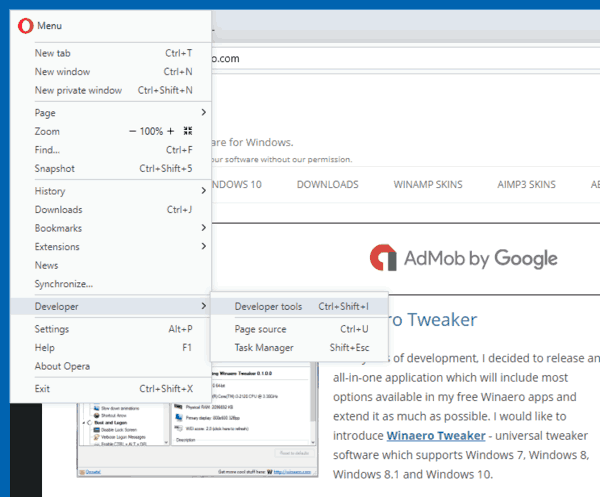

For its part Opera is starting off on the right foot, offering up code that brings Presto-quality support for the CSS Multi-column Layout Module to WebKit. Hopefully the WebKit community will find a place for the developers who brought us tabbed browsing, mouse gestures, "Speed Dial", Turbo, and an uncompromising support for web standards that made Opera one of the first browsers to pass both the ACID 2 and ACID 3 page-rendering tests. The other possible downside to a WebKit Opera is that the company's once mighty voice for standards may not be heard as clearly amid the Google- and Apple-dominated WebKit developer culture. Just look at the rendering and feature differences between Chrome, Safari, Mobile Safari and Mobile Chrome to get a sense of the pain that awaits developers yearning for a WebKit monoculture. WebKit makes a fine rendering engine and it does a good job of keeping up with web standards, but don't assume that just because a web browser uses WebKit under the hood that it will render your pages the same as every other WebKit browser. Webkit bugs would become the standard: there would be no way for developers to test on multiple engines to determine whether an unexpected behavior is a bug or intended. Web standards would lose all significance and standards processes would be superseded by Webkit project decisions and politics. 'Webkit is open source so if everyone worked together on it and shipped it, would that be so bad?' Yes. Some people are wondering whether engine diversity really matters. It's less clear what might happen to Opera's other unique features like the built-in e-mail client or Opera Turbo, which compresses webpages to give broadband-like speeds on almost any internet connection. So what becomes of the Opera features you know and love? The DragonFly developer tools are most likely done for, WebKit already has its own developer tools. In many ways today's announcement is just one step further – if you're going to support the prefix, why not just use the rendering engine? That seems to be exactly what Opera has decided to do. It would always be Opera's fault in the eyes of most users and that's why the company decided to support the -webkit prefix last year. Of course, as Mozilla's Christian Heilmann points out, "content not showing up or showing up broken in your product is terrible for a commercial company – the web is never wrong, if your browser shows it wrongly it is your fault, right?" Using only -webkit means sites break in Opera even though Opera could have rendered the site just fine if the developer had bothered to include the -o prefix.


 0 kommentar(er)
0 kommentar(er)
